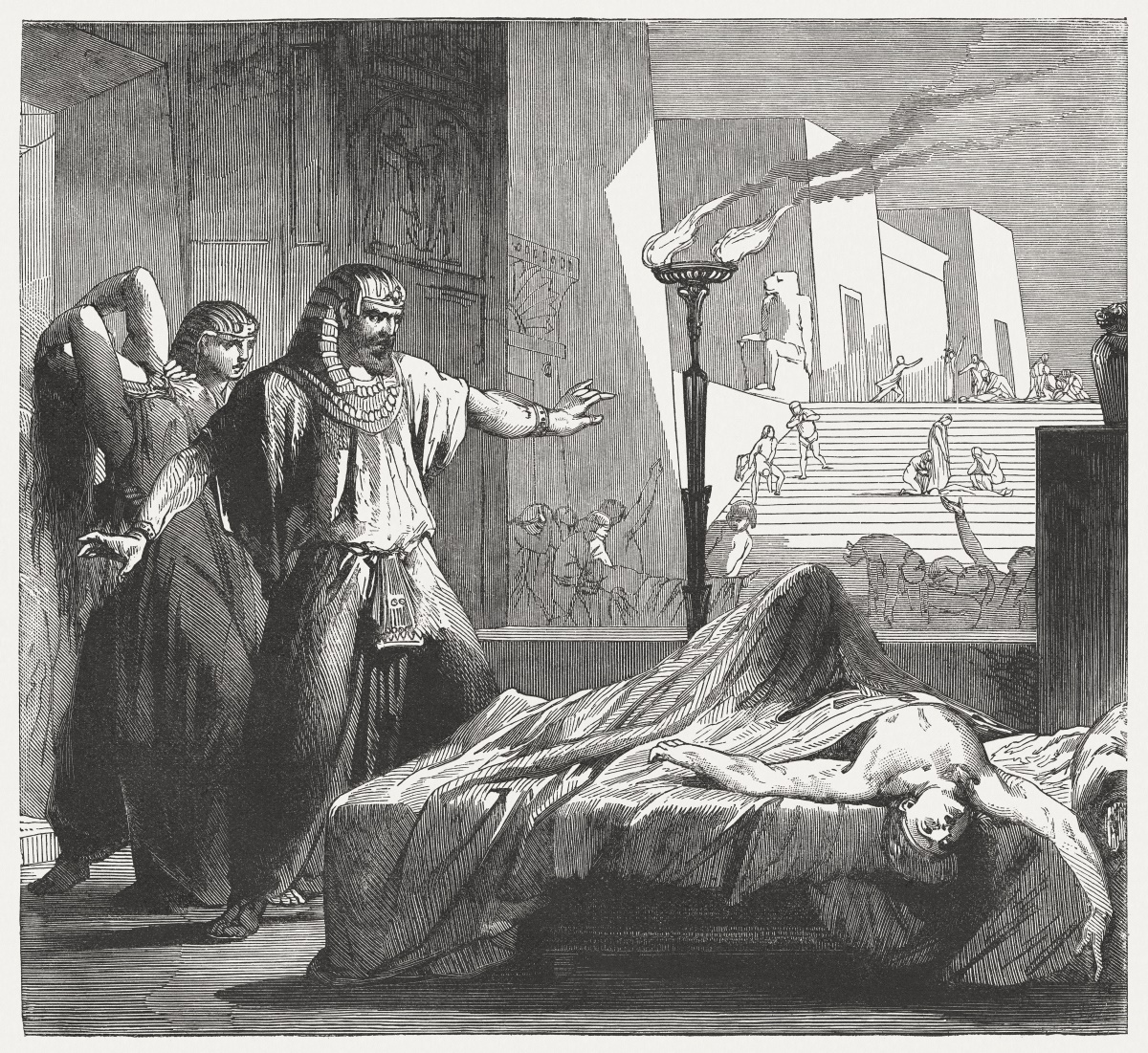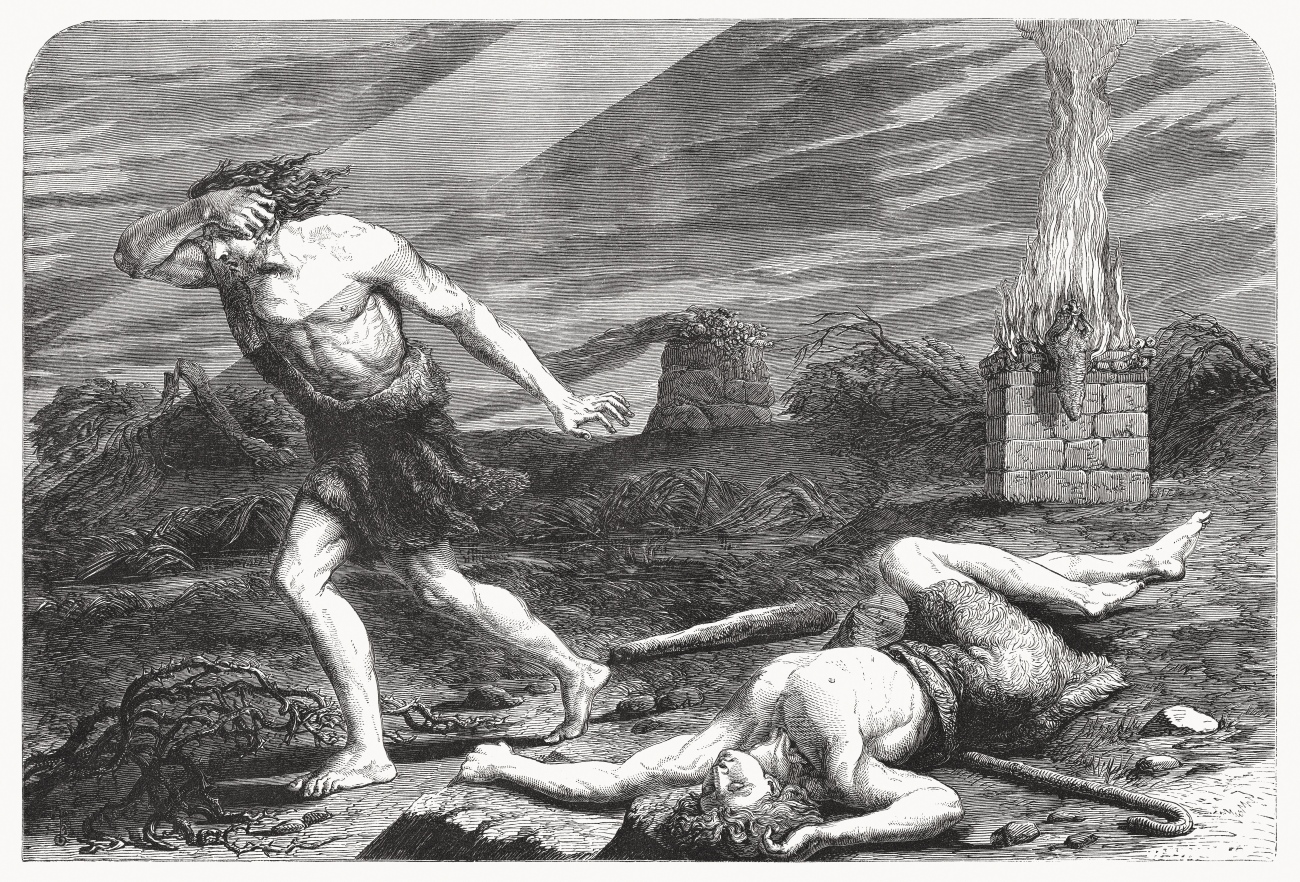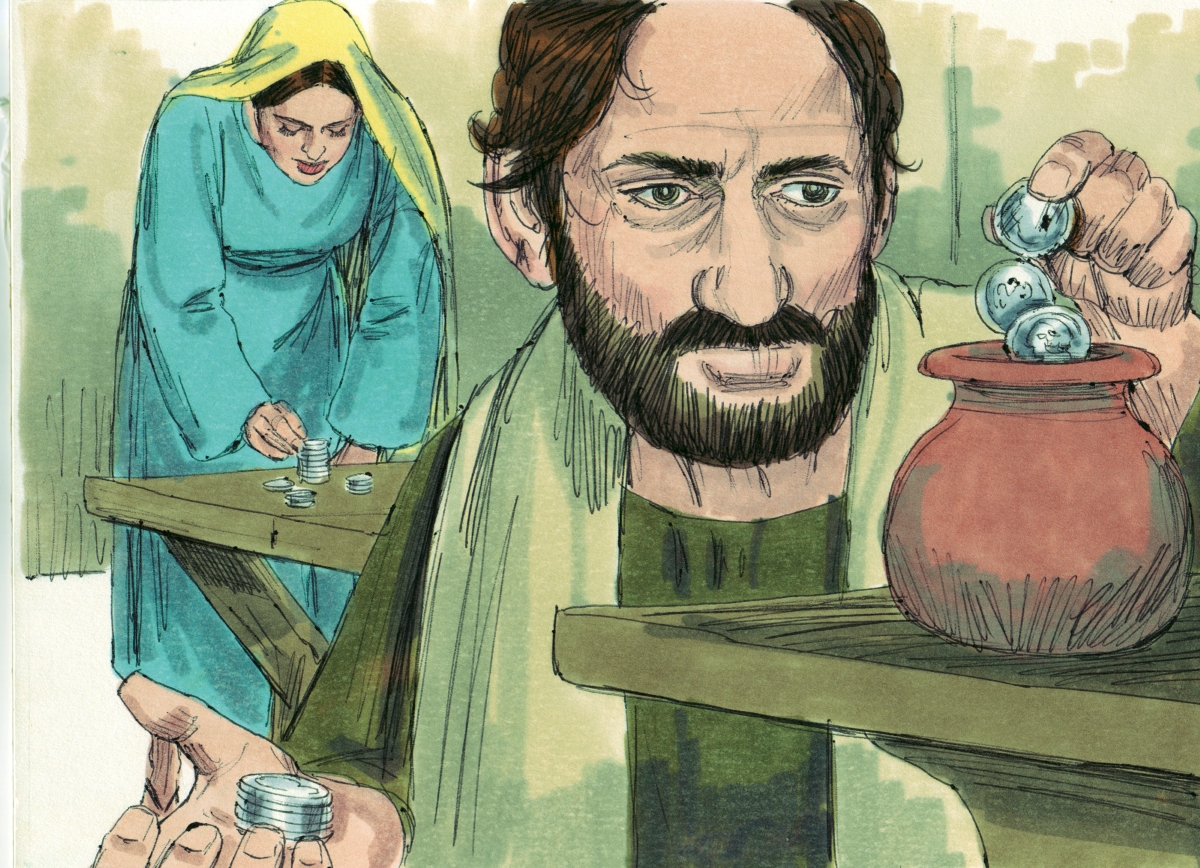Divine Retribution: 7 Examples of God’s Punishment
These stories illuminate the core tenets of Christianity while expanding our understanding of the Almighty’s sovereignty in a world marked by both sin and redemption.
Divine punishment is a theme resonating throughout the Holy Bible. God’s retribution is a stark reminder of the consequences of disobedience and the boundless mercy of the Almighty. Exploring stories of retribution serve as an essential aspect of Bible study, shedding light on God’s unwavering commitment to justice and the spiritual lessons that can be gleaned from history. Instances of divine intervention showcase God’s holiness, righteousness, and the need for humanity to align with His divine will.

Understanding God’s punishment in the Bible is crucial for Christians, as it provides valuable context for the broader narrative of salvation and redemption. 7 Biblical Examples of God’s Punishment can help prompt believers to reflect on their own lives and choices, while fostering a deeper spiritual connection and a greater appreciation for God’s grace.
1. Adam and Eve (Genesis 3:23-24)
“Therefore the Lord God sent him out of the garden of Eden to till the ground from which he was taken. So He drove out the man; and He placed cherubim at the east of the garden of Eden, and a flaming sword which turned every way, to guard the way to the tree of life.” (Genesis 3:23-24)
After Adam and Eve disobeyed God by eating from the tree of knowledge, they were removed from the Garden of Eden. Their banishment symbolizes the loss of paradise, and introduces the concepts of suffering and toil into the world as a result of Adam and Eve’s sin. This narrative underscores the importance of obedience and highlights God’s commitment to upholding moral standards from the outset of the Old Testament.
2. Cain (Genesis 4:11-12)
“And now you are cursed from the earth, which has opened its mouth to receive your brother’s blood from your hand. When you till the ground, it shall no longer yield its strength to you. A fugitive and a vagabond you shall be on the earth.” (Genesis 4:11-12)
The punishment of Cain – the Bible’s first murderer – portrays the consequences of jealousy, anger, and the act of murder. When Cain killed his brother Abel out of envy, God exiled him to a life of wandering and hardship. Cain’s story underscores God’s commitment to justice and His response to human transgressions, illustrating the principle that actions have consequences.

3. The People of Noah’s Time (Genesis 7:21-23)
“And all flesh died that moved on the earth: birds and cattle and beasts and every creeping thing that creeps on the earth, and every man. All in whose nostrils was the breath of the spirit of life, all that was on the dry land, died. So He destroyed all living things which were on the face of the ground: both man and cattle, creeping thing and bird of the air.” (Genesis 7:21-23)
The people of Noah’s time were punished because of their widespread wickedness, corruption, and disobedience to God’s moral laws. The people of that era were consumed by evil thoughts and actions, with violence and sin prevailing. God sent the catastrophic flood to cleanse the earth of this extreme wickedness and to give humanity a fresh start through Noah, who found favor in God’s eyes due to his righteousness. The flood punished the unrepentant while also providing the chance for a new beginning.
4. Ananias and Sapphira (Acts 5:5)
“Then Ananias, hearing these words, fell down and breathed his last… Then immediately she (Sapphira) fell down at his feet and breathed her last.” (Acts 5:5)
Both Ananias and Sapphira were struck dead for lying about their charitable giving, highlighting the gravity of deceitfulness, especially in matters of faith and community. They sold a piece of property but conspired to withhold a portion of the proceeds while pretending to give the full amount as a donation to the church. Ananias and Sapphira’s act of dishonesty was not just a lie to the apostles but ultimately a deception of the Holy Spirit ,and a deliberate attempt to gain favor and recognition within the community. Their punishment served as a stark warning to the early Christians about the seriousness of hypocrisy and deceit.
5. Lot’s Wife (Genesis 19:26)
“But his wife looked back behind him, and she became a pillar of salt.” (Genesis 19:26)
When God issues a warning or command, it is essential to follow it faithfully and without reservation. Lot’s wife disobeyed the divine command given to her family when they were fleeing the city of Sodom. God’s angels instructed Lot and his family not to look back at the city as they fled, but Lot’s wife, turned to look back and was subsequently turned into a pillar of salt. Lot’s wife’s act of looking back is often interpreted as a symbol of her attachment to the sinful and worldly life she was being urged to leave behind.

6. Korah (Numbers 16:32-33)
“And the earth opened its mouth and swallowed them up, with their households and all the men with Korah, with all their goods. So they and all those with them went down alive into the pit; the earth closed over them, and they perished from among the assembly.”(Numbers 16:32-33)
Korah, along with Dathan and Abiram and 250 other leaders, challenged the authority and leadership roles appointed by God, particularly the roles of Moses and Aaron as chosen leaders of the Israelites. In response, God caused the earth to open up and swallow Korah, Dathan, Abiram, and their households, effectively punishing them for their disobedience and rebellion. This event serves as a clear example of God’s affirmation of the leadership roles He had established and the consequences of defying His appointed leaders.
7. Pharaoh and the Egyptians (Exodus 12:29)
“And it came to pass at midnight that the Lord struck all the firstborn in the land of Egypt, from the firstborn of Pharaoh who sat on his throne to the firstborn of the captive who was in the dungeon, and all the firstborn of livestock.” (Exodus 12:29)
God punished Pharaoh and the Egyptians due to their oppression of the Israelites, refusal to release them from slavery despite repeated divine commands and plagues, the demonstration of God’s power through miraculous signs, and the fulfillment of God’s promise to liberate the Israelites and lead them to the Promised Land. The final plague, the death of the firstborn, compelled Pharaoh to finally release the Israelites, marking their freedom and illustrating God’s justice and deliverance of the oppressed.
Conclusion
The Bible continues to offer relevant lessons on morality and ethics, anchored in these narratives of divine justice. The biblical accounts above underscore God’s justice and the consequences of disobedience, wickedness, and deceit. They serve as powerful reminders to live righteously and honestly, respecting God’s commands and the welfare of others.
SKM: below-content placeholderWhizzco for FHB

